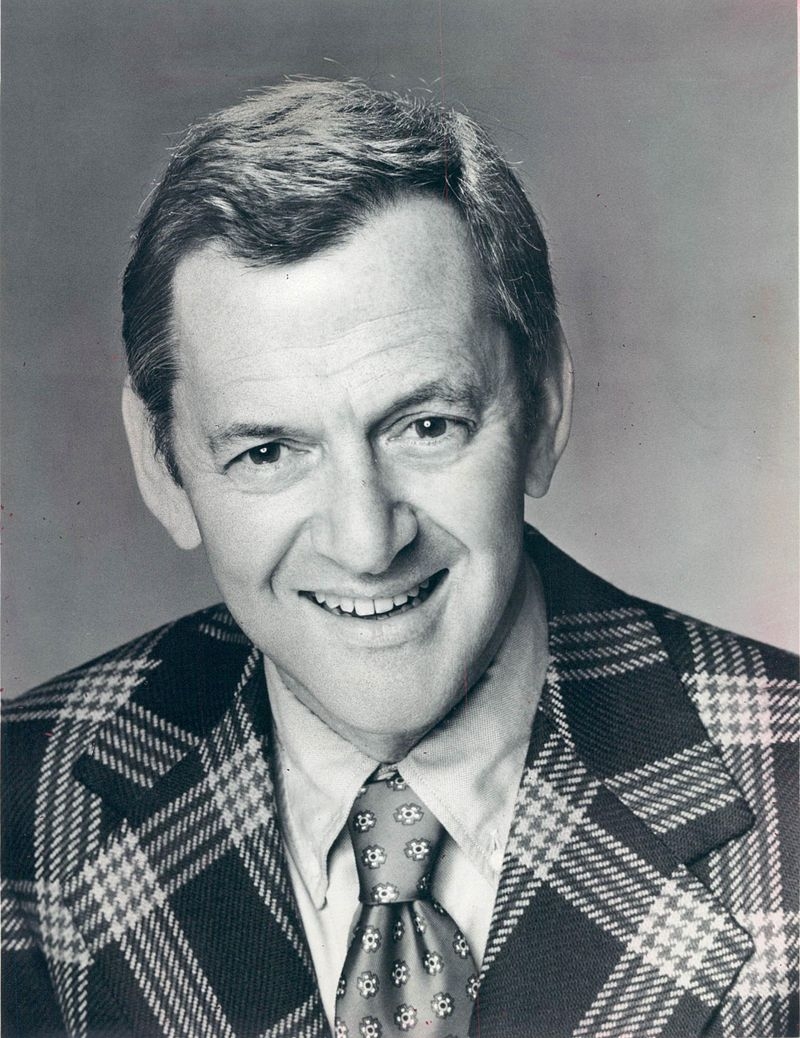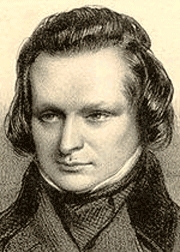February 26
Tony Randall

On this date in 1920, actor Tony Randall, né Aryeh Leonard Rosenberg, was born in Tulsa, Oklahoma. His talent for mimicry brought notes home from teachers to his parents begging, “Please stop him from making faces!” He attended Northwestern University for a year before enrolling in the Neighborhood Playhouse School of the Theatre in New York City. Randall also studied under choreographer Martha Graham.
He served in the U.S. Army Signal Corps during World War II, then went back to the stage. Randall portrayed the character based on H.L. Mencken in the 1955 Broadway production of “Inherit the Wind.” Randall’s career in television took off when he played the overbearing history teacher Harvey Weskit on “Mr. Peepers” (1952-55). His film roles, mostly comedies, included a recurring role as foil in the Rock Hudson/Doris Day movies. He portrayed the “brain” in Woody Allen’s “Everything You Always Wanted to Know About Sex (But Were Afraid to Ask,” 1972).
Randall’s television role in 1970 as Felix Unger in “The Odd Couple” opposite Jack Klugman lasted until 1975. Based on the Neil Simon play of the same name, it received three Primetime Emmy nominations for Outstanding Comedy Series.
A critic of right-wing cuts to the arts, Randall founded and funded the National Actors Theater in New York in 1991 to ensure that classic plays would be available to the public at reasonable ticket prices. Randall was a well-known opera aficionado and booster. His wife of 54 years, née Florence Gibbs, died in 1992 and he married Heather Harlan in 1995 when he was 75 and she was 25. They had two children.
In his autobiography, Which Reminds Me, he suggested for his epitaph: “I’m not going to take this lying down.” He died in New York City of pneumonia at age 84, several months after coronary bypass surgery. (D. 2004)
“I wish I believed I’d see my parents again, see my wife again. But I know it’s not going to happen.”
— Randall, quoted in the Washington Post (Sept. 25, 2003)
Victor Hugo

On this date in 1802, author Victor Marie Hugo was born in Besançon, France, the son of a Napoleonic officer. By 17 he had earned three prizes for poetry at Toulouse. King Louis XVIII awarded Hugo a royal pension after his Odes and Poetry appeared (1822). His first drama, “Cromwell,” was published in 1827.
After devoting nearly two decades to stage writing, Hugo turned to fiction. His novel, known in English as The Hunchback of Notre-Dame, was published in 1831 and featured a villainous priest. It has been turned into several movies and dramatizations, including a Disney cartoon (which interestingly turned villain Claude Frollo into a layperson). Les Misérables was published in 1862 in 10 languages. The epic tale has spawned several movies and stage productions, including its Broadway debut in 1987.
Hugo was forced to flee to Belgium after Napoleon III’s coup d’etat in 1851. He eventually returned to France when the republic was proclaimed and was elected a senator in 1876. Although his religious views wavered over his long and tempestuous life, Hugo was anti-clerical, freedom-loving and generally considered to have been a rationalistic deist.
He married Adèle Foucher in 1822 and they had five children before her death in 1868. He suffered a mild stroke in 1878 and recovered. He died of pneumonia in Paris at age 83. (D. 1885)
“An intelligent hell would be better than a stupid paradise.”
— from Hugo's play "Ninety-three" (1881)
